Literary Criticism: A Short History
Authors: William K. Wimsatt, Jr. & Cleanth Brooks
Published by: Oxford & IBH Publishing Co.
Edition: 1970
Pages: 754
This seminal work by Wimsatt and Brooks presents an extensive and scholarly account of the history of literary criticism, tracing its development from the classical traditions of Aristotle, Plato, and Horace to the complex theories of modern literary analysis. The book offers a systematic examination of the major movements in literary criticism, exploring the philosophical, aesthetic, and intellectual foundations that have shaped the study of literature over time.
The authors divide the history of literary criticism into key phases, beginning with the ancient classical era, where foundational principles of literary evaluation were established. They discuss Aristotle’s Poetics, which remains one of the most influential works in the field, as well as the contributions of Plato, who questioned the moral implications of literature. The book then moves into the medieval period, where religious and allegorical interpretations dominated literary thought.
The Renaissance and Enlightenment sections highlight how new perspectives emerged, with critics emphasizing reason, beauty, and the role of the artist. Thinkers such as Dryden, Pope, and Dr. Johnson are explored, shedding light on their impact on literary evaluation. As the book progresses into the Romantic era, it discusses the shift towards individual expression, imagination, and emotion in literature, focusing on critics like Coleridge and Wordsworth.
Wimsatt and Brooks also explore the emergence of modern literary criticism, including the rise of formalism, structuralism, and the impact of New Criticism, a movement in which both authors played a significant role. They discuss how 20th-century critics like T.S. Eliot and I.A. Richards contributed to changing the way literature is analyzed, shifting the focus towards close reading and textual analysis.
One of the book’s major strengths is its ability to present complex theoretical concepts in a structured and accessible manner. The authors provide critical insights into various schools of thought, helping readers understand how literary criticism has evolved in response to cultural, philosophical, and artistic changes. They emphasize the significance of close reading, objective analysis, and historical context in literary studies.
This book is an essential read for anyone interested in literary theory, as it not only provides historical background but also engages with critical discussions on the nature and function of literature. Whether for academic study or personal enrichment, Literary Criticism: A Short History serves as a foundational text that deepens one’s appreciation of literature and its critical analysis.
-
A comprehensive overview of literary criticism from antiquity to the modern era.
-
In-depth analysis of major critics and their contributions, including Aristotle, Plato, Coleridge, and T.S. Eliot.
-
Explores key literary movements such as Romanticism, New Criticism, and Formalism.
-
Provides a clear and structured understanding of literary theory and evaluation.
-
Essential reading for students, scholars, and literature enthusiasts.
-
A foundational text for anyone studying literary analysis and criticism.
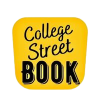
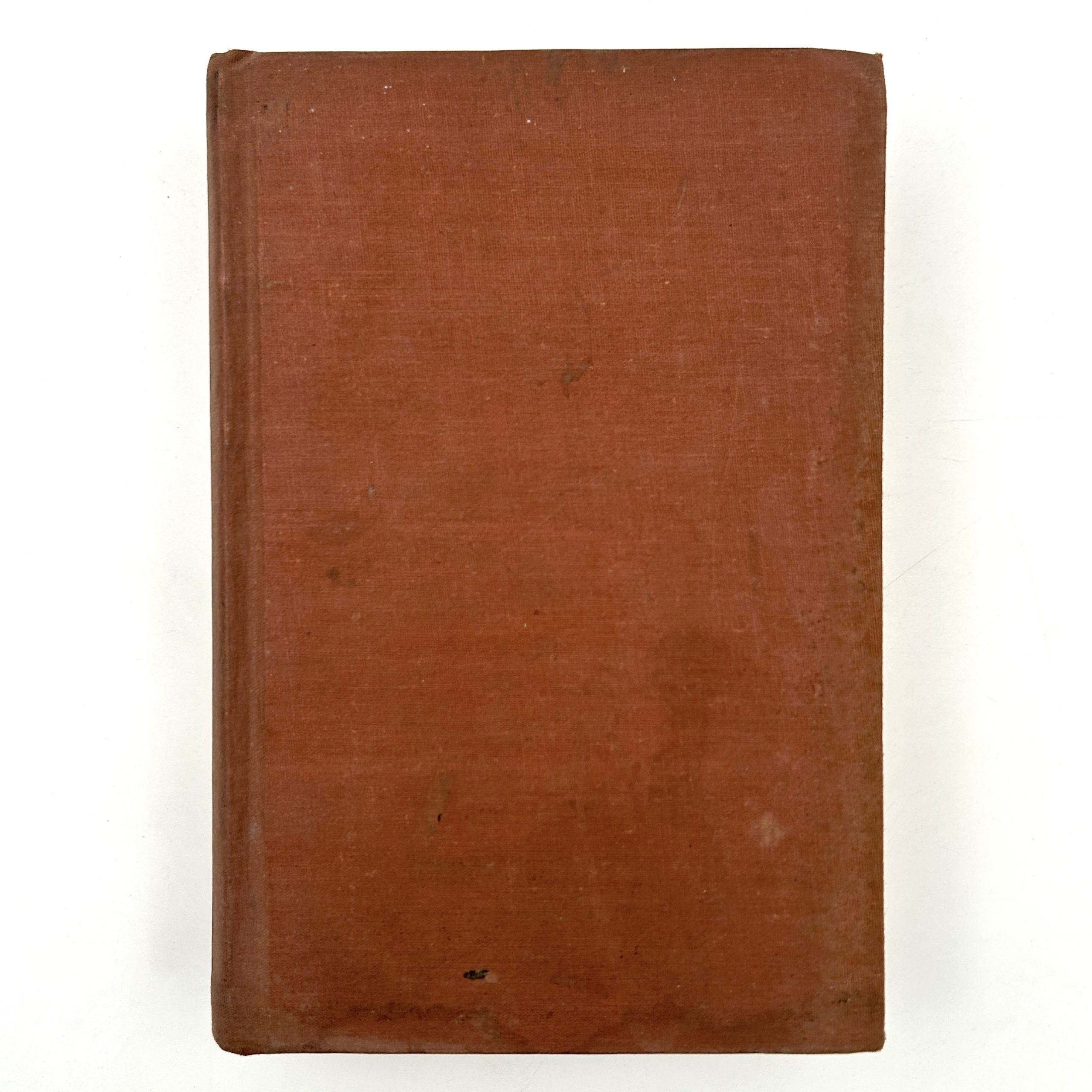
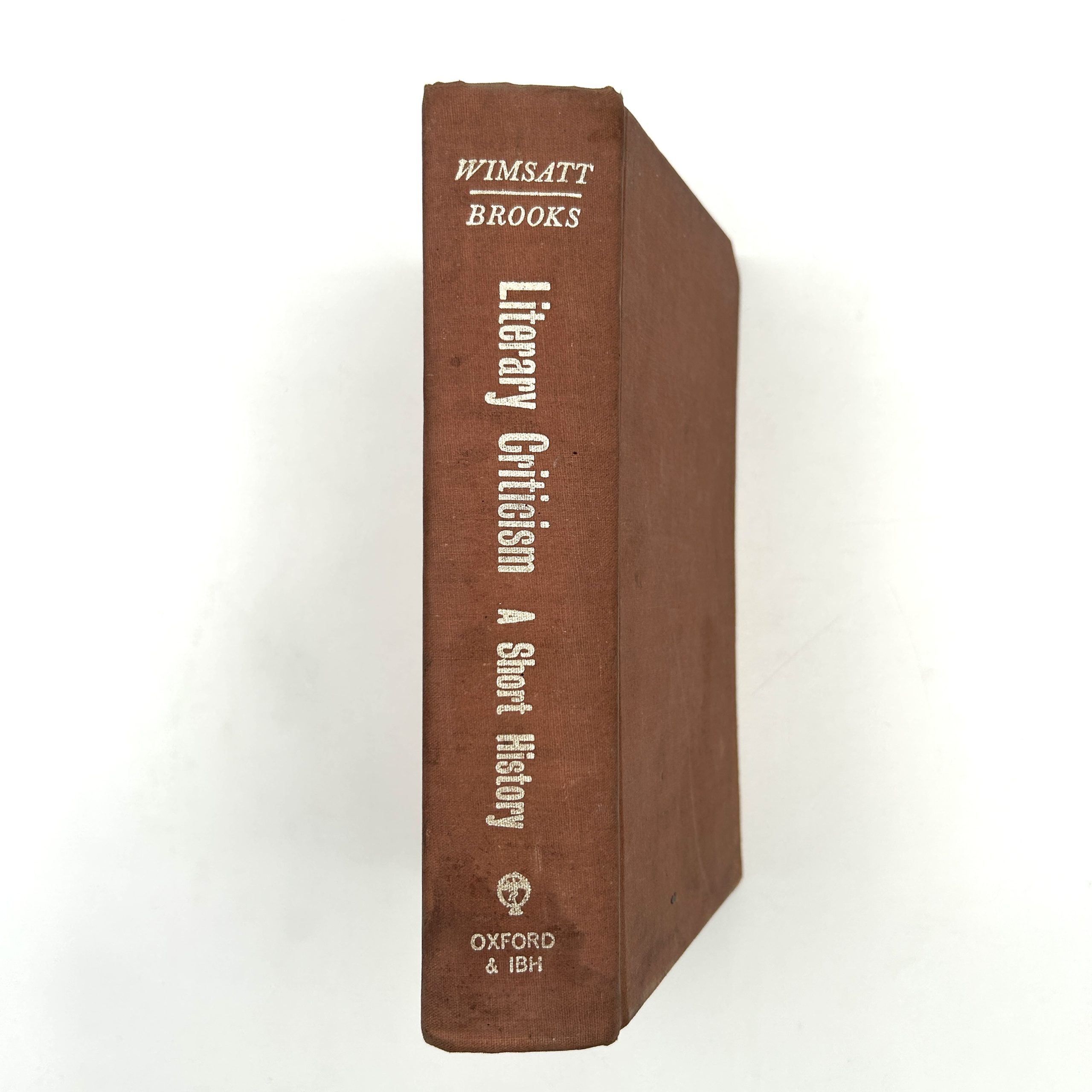
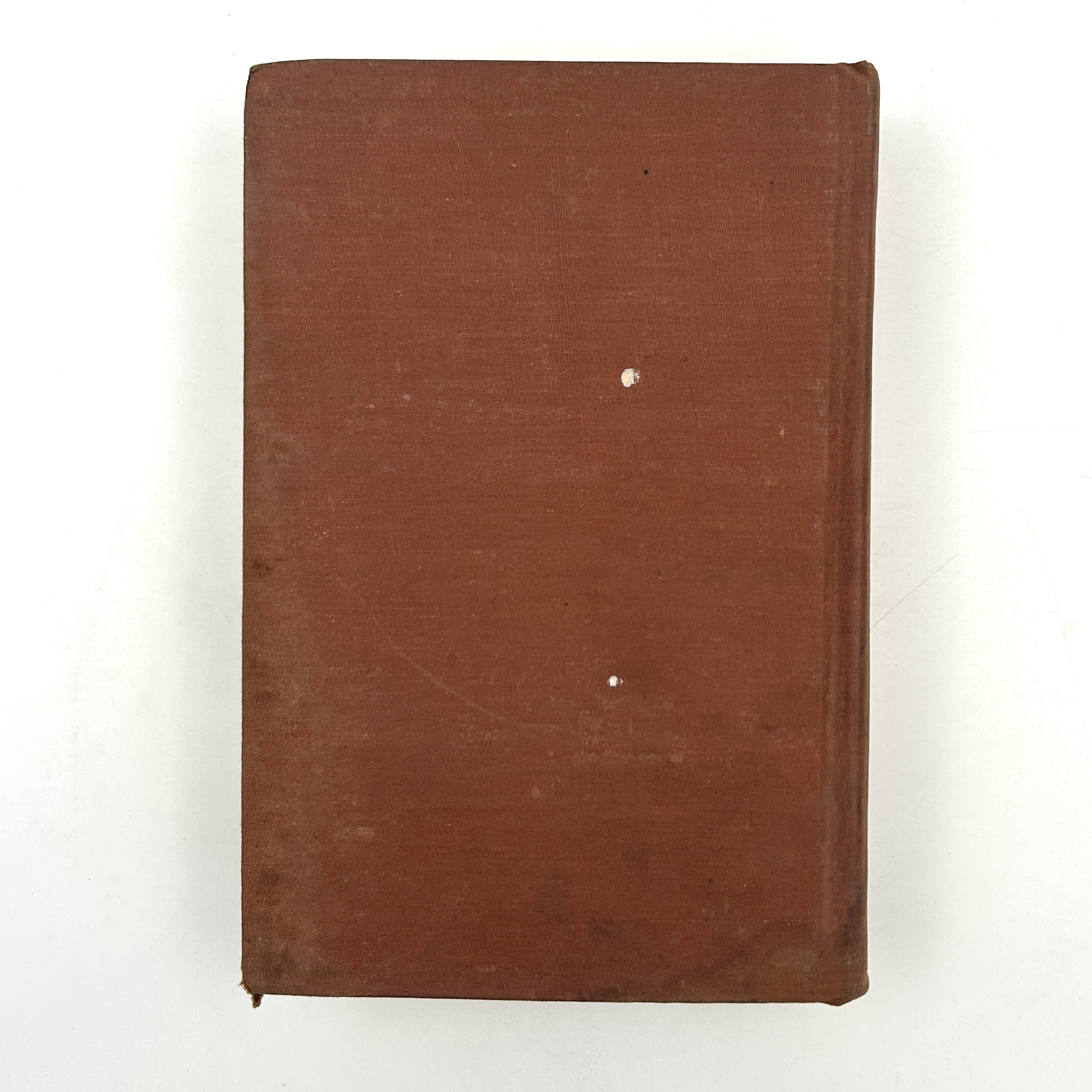
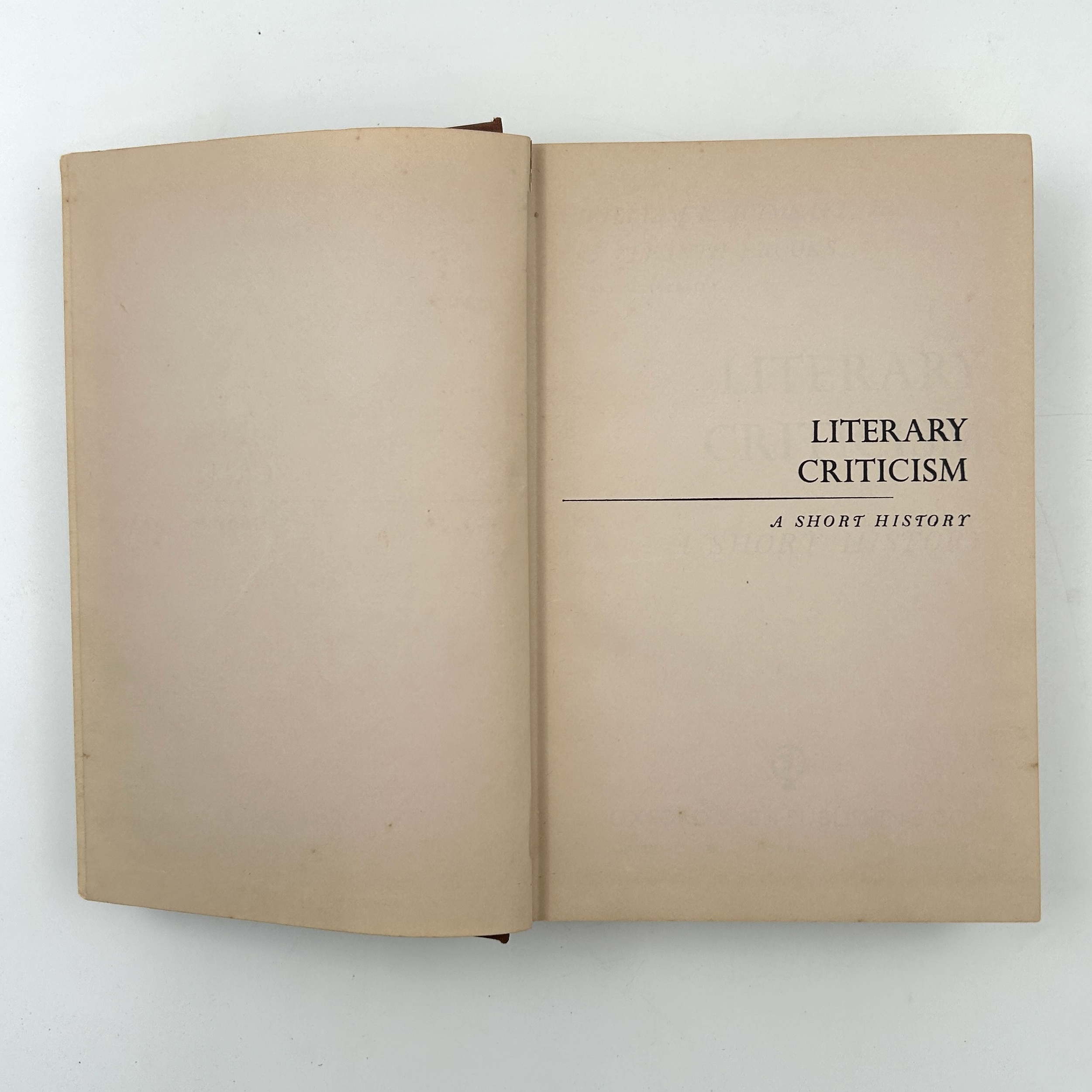
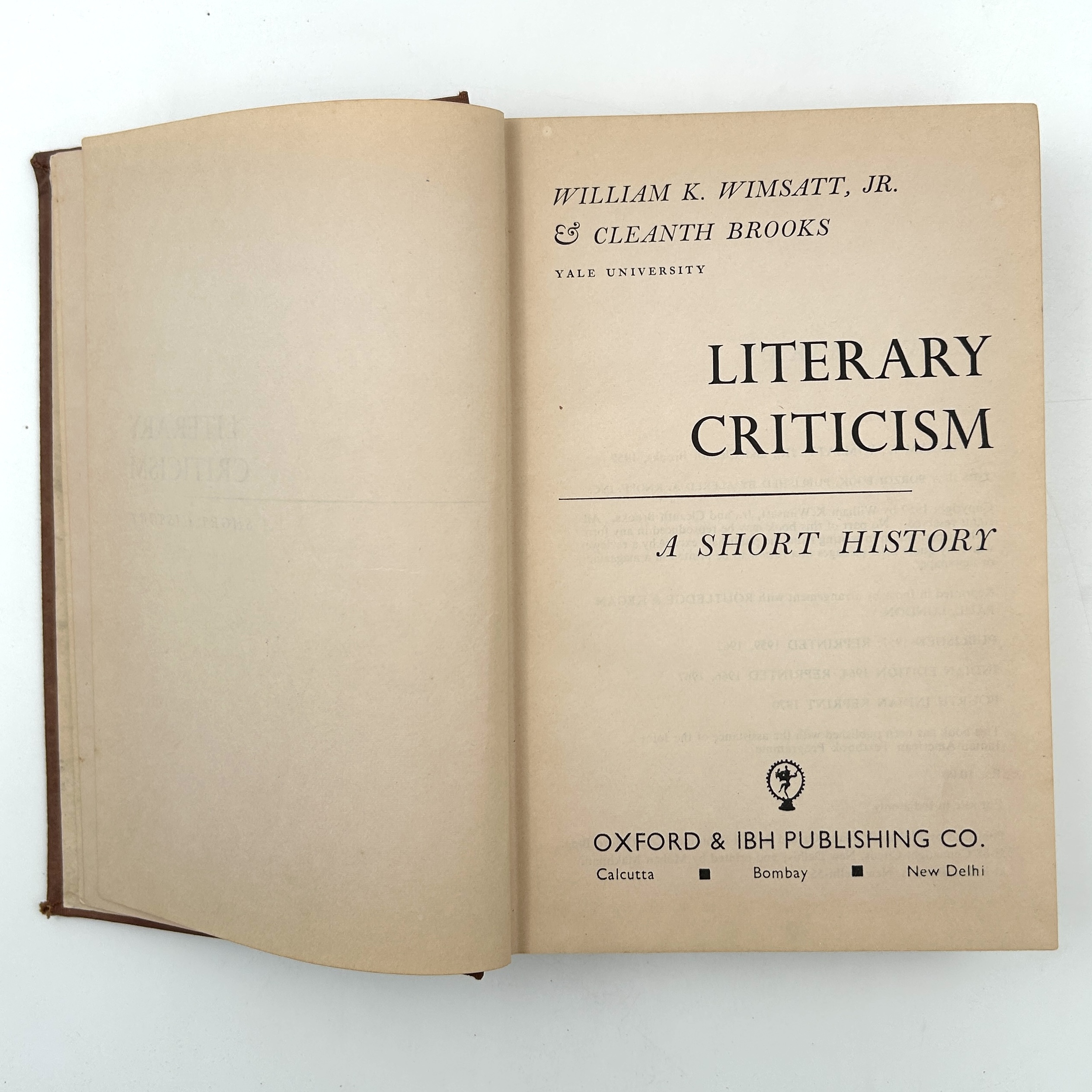
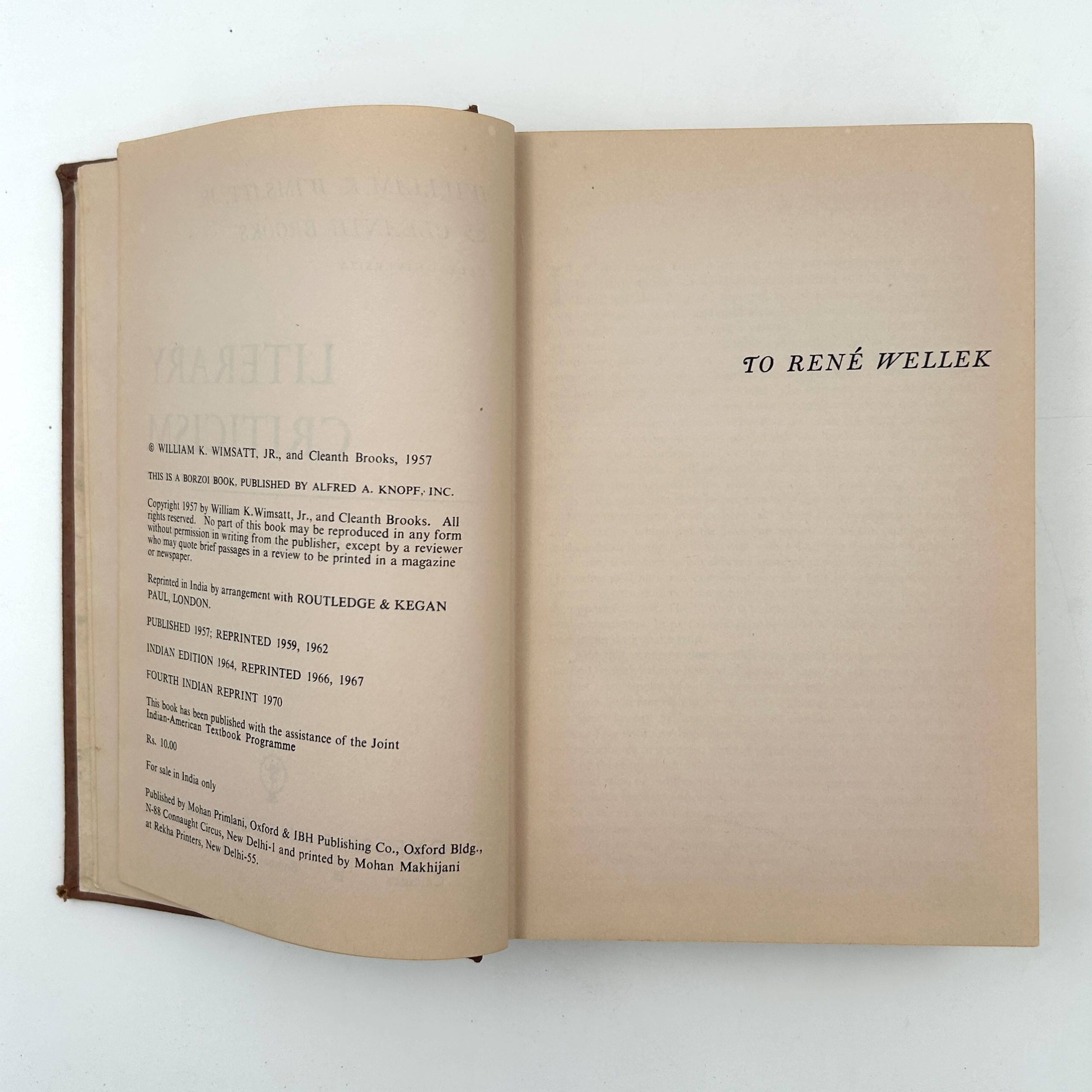
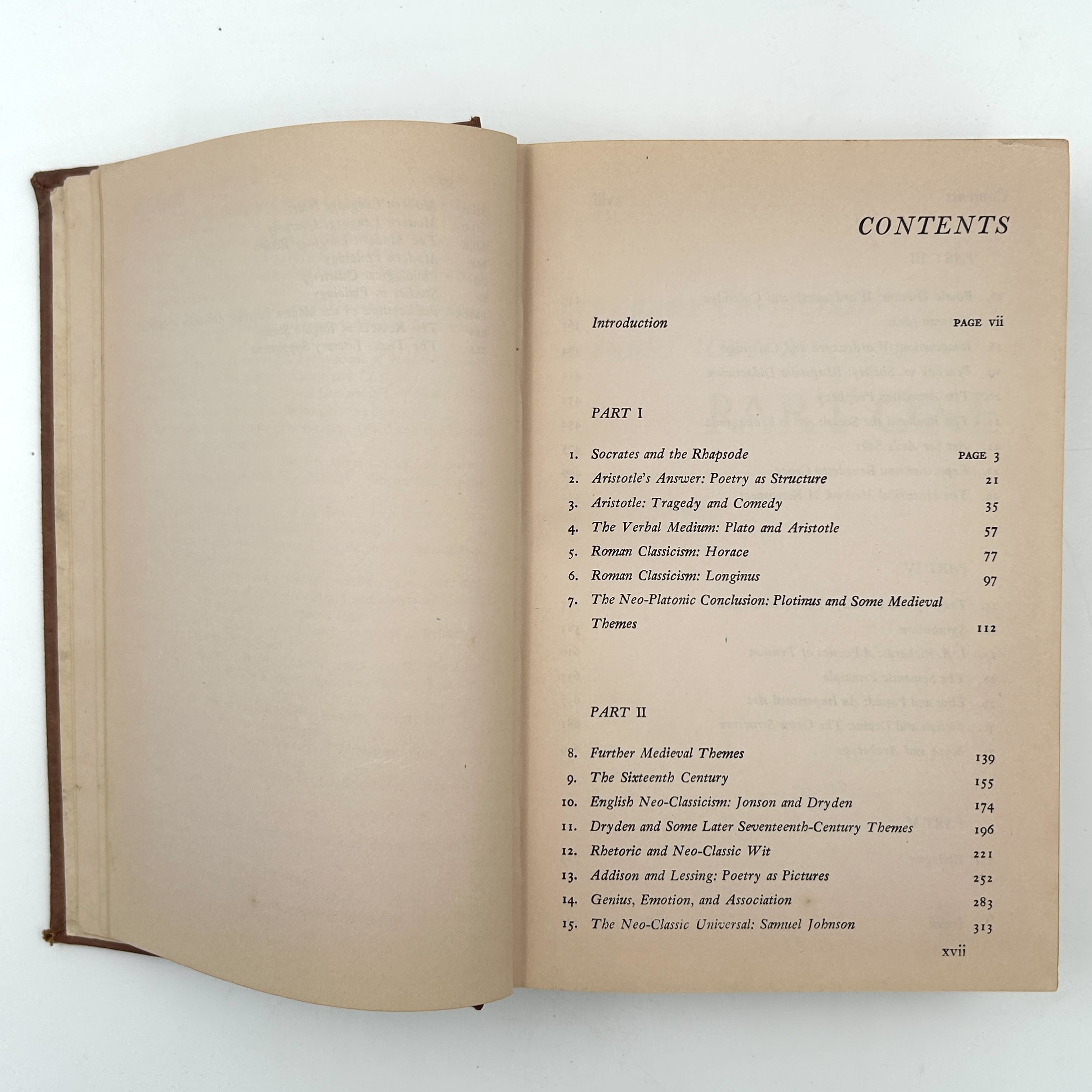
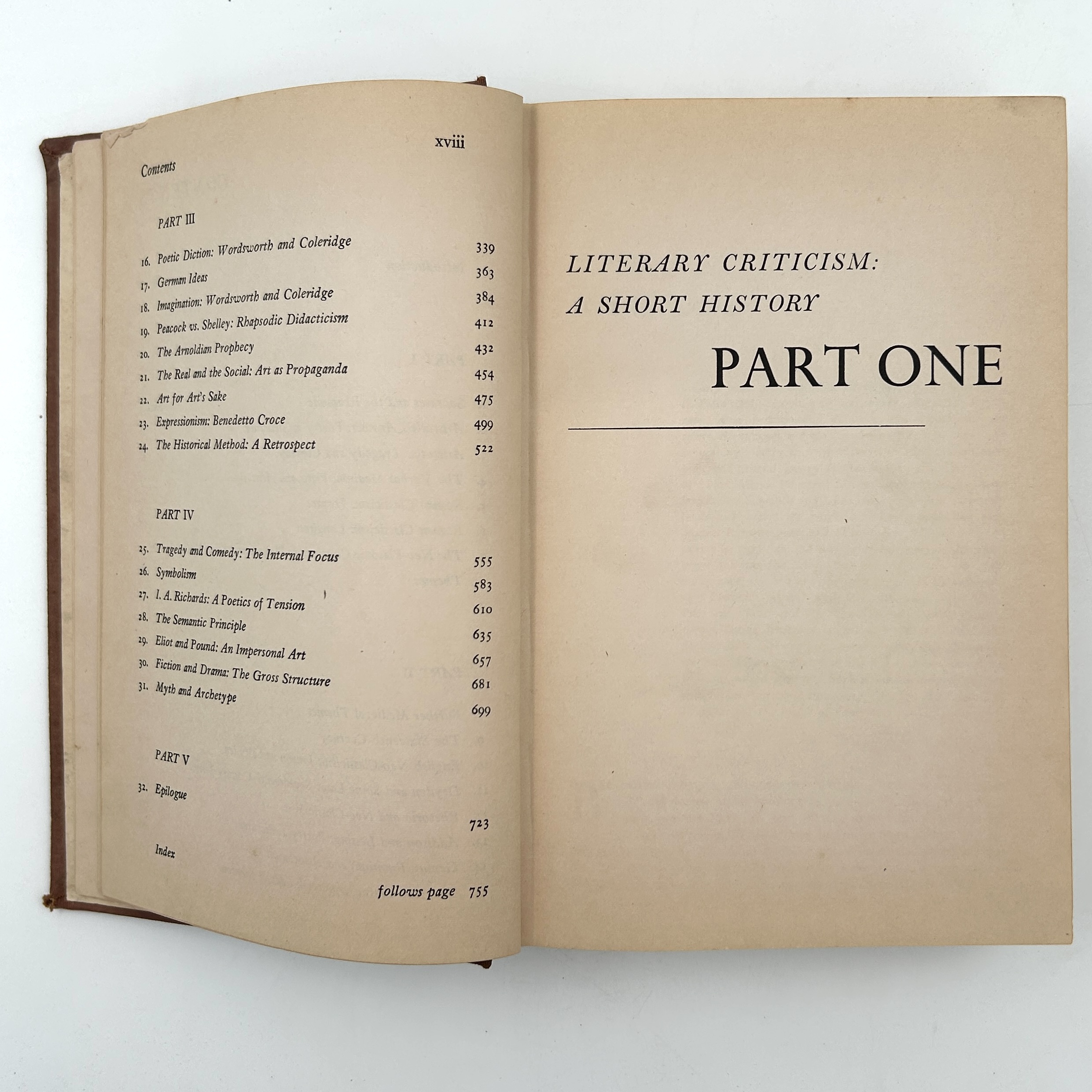
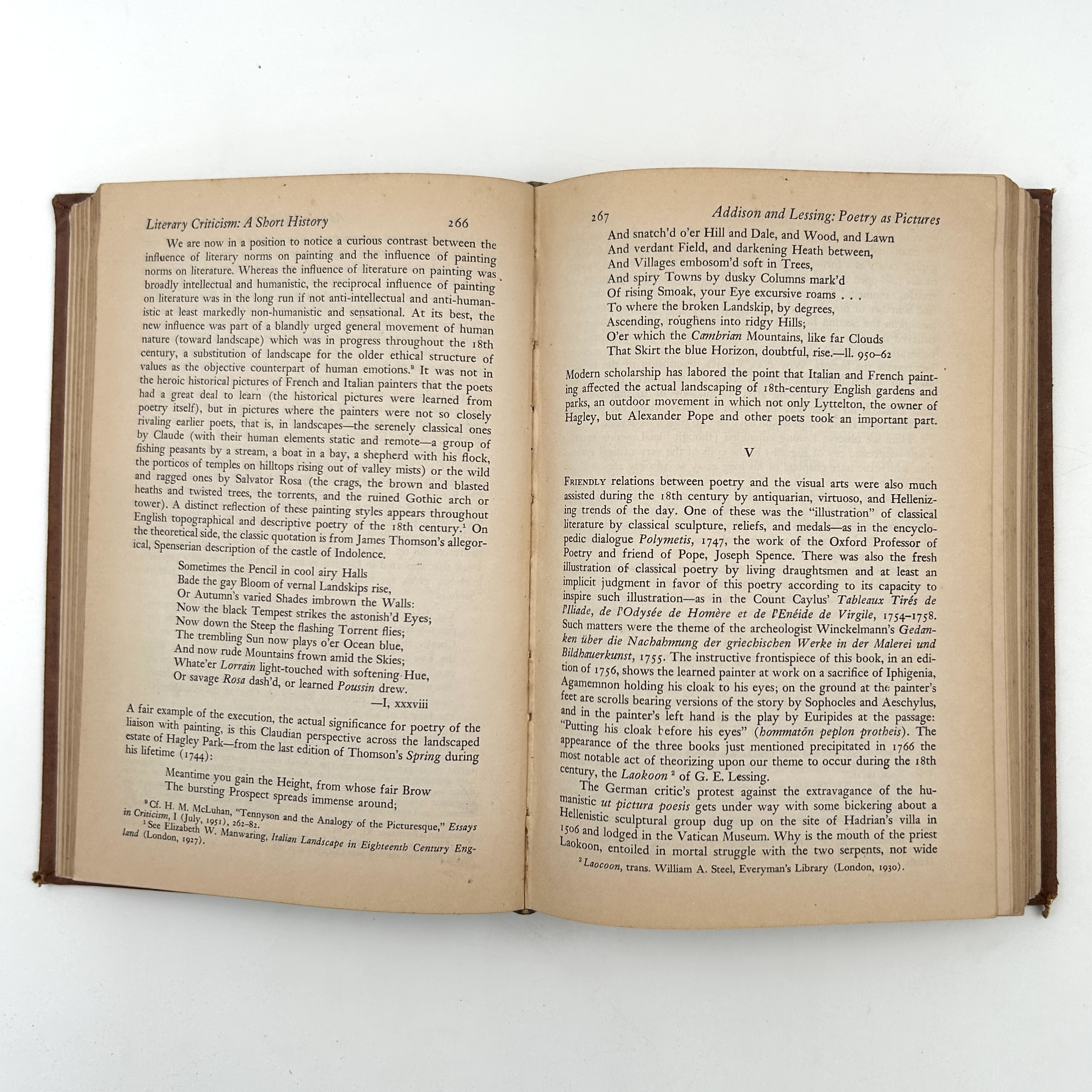
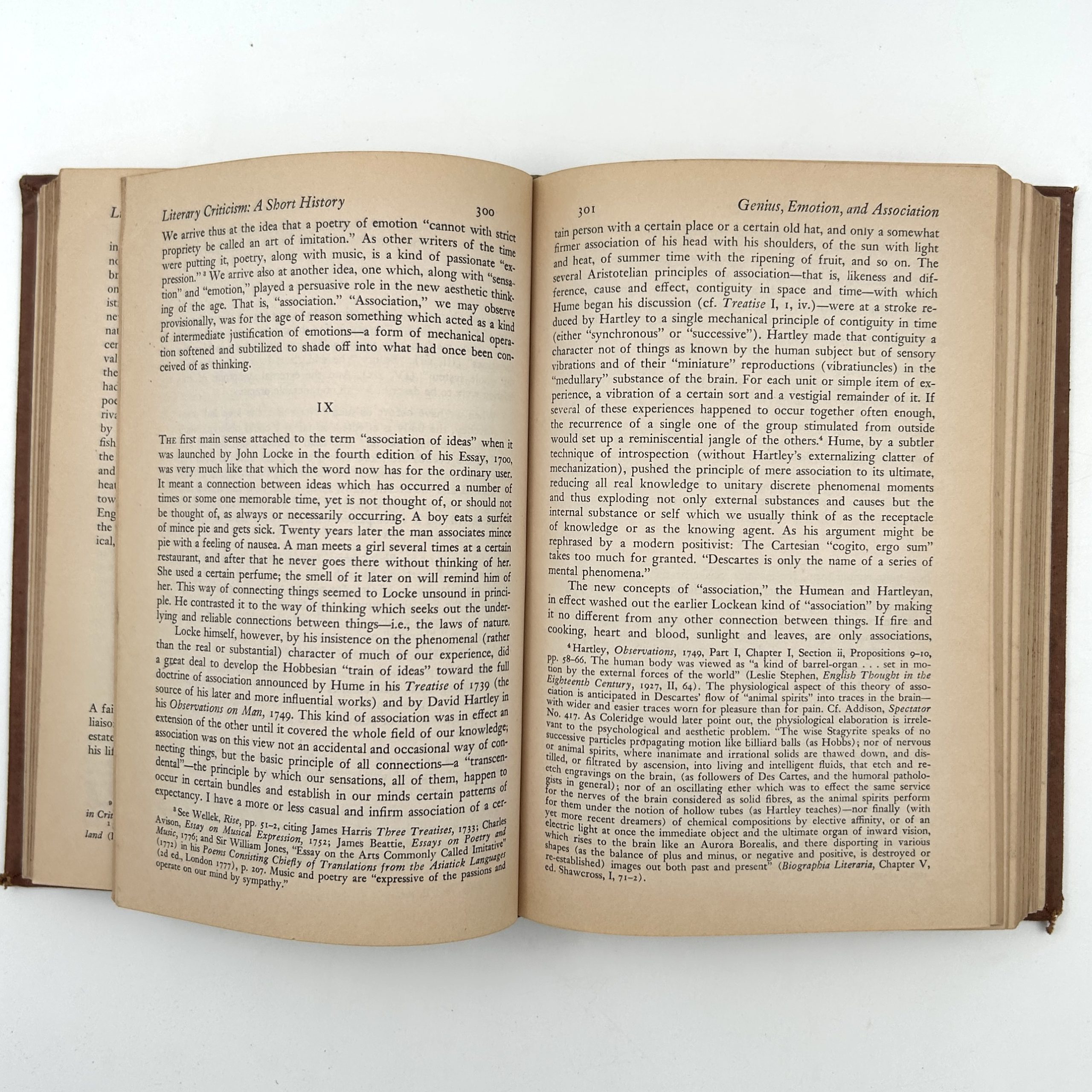

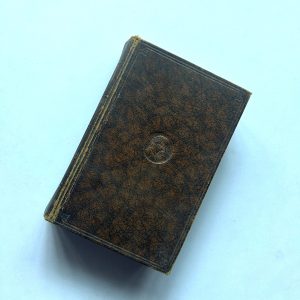
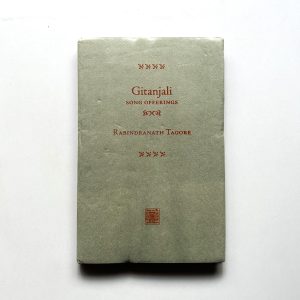
Reviews
There are no reviews yet.